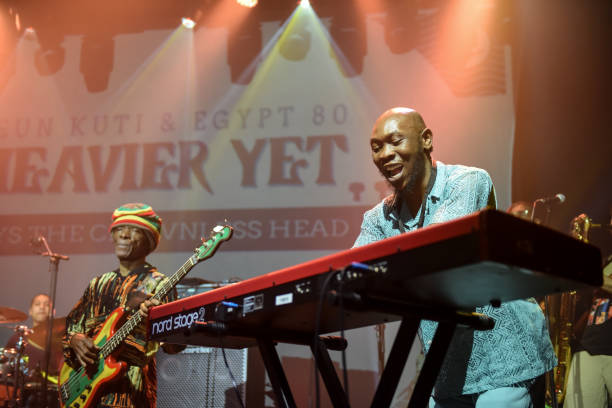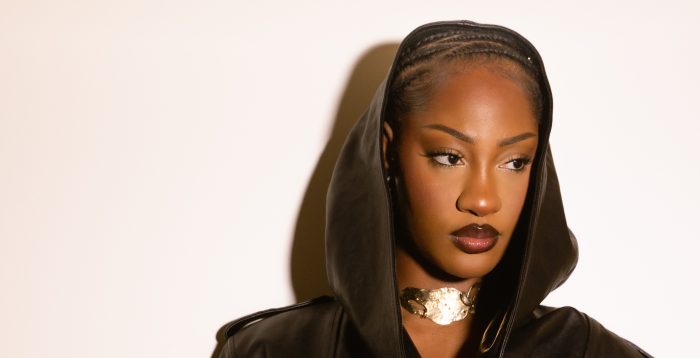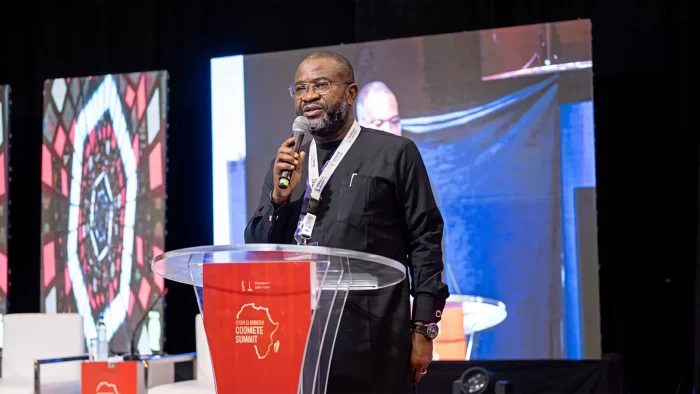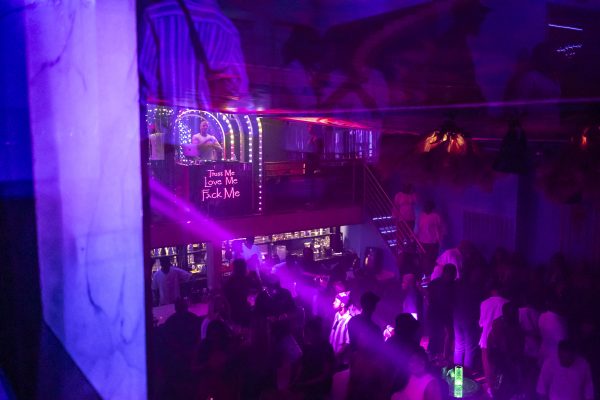Nigeria’s First Lady, Oluremi Tinubu, recently introduced a new local fabric aimed at celebrating national holidays and fostering unity.
[ad]
Taking to her X handle on Tuesday, she unveiled the ‘Aso Ebi,’ branded as the #OneNigeriaUnityFabric, and explained the fabric’s vision of bringing Nigerians together.
Drawing inspiration from her 2023 trip to Zimbabwe, where she witnessed a similar initiative, Mrs Tinubu shared her excitement about seeing the idea come to life through the creativity of young Nigerians.
READ ALSO: Amid economic woes, Nigerians knock First Lady over ‘Unity’ fabric
She noted that the fabric symbolises unity and reflects Nigeria’s diverse culture, adding a fresh touch to national celebrations.
[ad]
She wrote: “Today, as we unveil the #OneNigeriaUnityFabric, my heart is full of joy,” Mrs. Tinubu said.
“This fabric represents our nation’s unity and was inspired by my visit to Zimbabwe in 2023, where I saw a similar initiative. I introduced the idea to the Renewed Hope Initiative, and it has become a reality through the creativity of young Nigerians. Miss Bamidele Mofiyinfoluwa’s design embodies our diverse culture and will be proudly worn on Independence Day and other national celebrations. This project will support local textile industries, create jobs, and celebrate Nigeria’s strength as one united nation. Congratulations to all those who participated—your talent is our future!”
What is Asọ-Ẹbí?
Asọ-Ẹbí, sometimes written as Asọẹbí, is a distinct dress style beloved by the Yoruba people. This uniform attire symbolizes unity, friendship, and solidarity during various ceremonies, celebrations, and festive occasions. By donning this fabric, individuals showcase their shared identity among peers, family, and friends at social gatherings.
[ad]
Mixed Reactions from Nigerians
Since the unveiling, Nigerians have had a lot to say about the First Lady’s initiative, and reactions have been far from unanimous. While some applaud the creativity and cultural pride the fabric seeks to promote, others have raised eyebrows, questioning the timing and relevance of the project amid pressing national issues.
@_nonconformist1 tweeted: “Naija dey hungry mommy alagbo dey sell Aso-ebi…. We don enter once chance 😂😂😂.”
@Olaadewale2324 added: “How much did you charge us for the decoration of this event venue? You will do us a lot of favour by just sitting and watching TV in Aso Rock. All these events do not benefit Nigerians. You’re just using them to steal public funds.”
READ ALSO: Deputy Speaker congratulates Remi Tinubu at 64
[ad]
@jejeoflagos suggested: “Mummy please we want rice pattern for the next one. The eti aje can have corn.”
@chuxenyi remarked: “Unveiling a #OneNigeriaUnityFabric is not enough. What have you done to unite the people after the divisive electoral process you and your husband oversaw? Not until the bigotry which even government spokespersons propagate is addressed, this project will be another poorly.”
@MRBRIKILA1 wrote: “When people are hungry…. Mummy is talking about fabrics… Which kin witchcraft be this na.”
@derekchichi chimed in with criticism: “So you went to Zimbabwe (of all places) to learn what will improve Nigeria and this is what you came away with? First, it was the national anthem; e no work. Now it’s unity fabric. Next week we will adopt ekuke puppies from Togo. Who do Nigeria this thing? Chai Naija, ndo nụ.”
[ad]
So, Will You Buy This Asọ-Ẹbí?
While the #OneNigeriaUnityFabric may carry a message of togetherness, its reception among Nigerians shows that unity might need more than just a new fabric to stitch the country’s diverse threads. The question remains: would you buy this Asọ-Ẹbí as a symbol of unity?
[ad]








